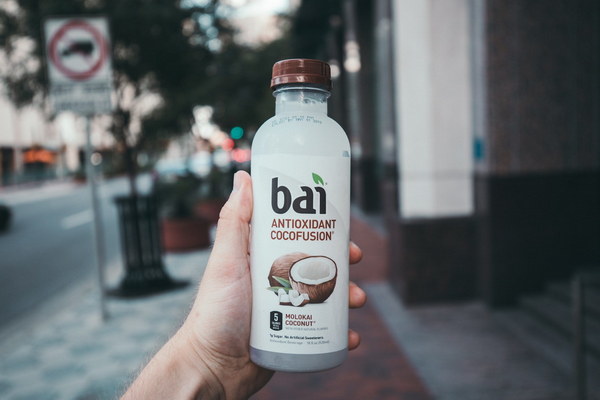Post-Recovery Wellness A Guide to Nurturing Health After COVID-19
The journey of recovery from COVID-19 is a significant milestone for those who have fought the virus. As the body begins to heal, it is crucial to adopt a comprehensive approach to post-recovery wellness. This article outlines essential practices and lifestyle adjustments to help individuals maintain and improve their health after overcoming COVID-19.
1. Rest and Recovery
The first step in post-recovery wellness is to ensure adequate rest and recovery. The body requires time to rebuild and repair itself after the stress of the virus. Here are some tips to promote restful recovery:
- Prioritize sleep: Aim for 7-9 hours of quality sleep each night.
- Avoid overexertion: Take breaks, reduce your workload, and avoid high-intensity activities until you feel fully recovered.
- Practice relaxation techniques: Engage in meditation, deep breathing exercises, or yoga to reduce stress and promote relaxation.
2. Nutrition
Proper nutrition is vital for supporting the body's healing process. A balanced diet can help boost your immune system, improve energy levels, and aid in overall recovery. Consider the following tips:
- Consume a variety of fruits and vegetables: These are rich in vitamins, minerals, and antioxidants that support immune function.
- Incorporate lean proteins: Proteins help rebuild damaged tissues and muscle mass.
- Include healthy fats: Foods like avocados, nuts, and fish can aid in reducing inflammation and supporting brain function.
- Stay hydrated: Drink plenty of water and other fluids to maintain proper hydration levels.
3. Exercise
Moderate exercise can help improve cardiovascular health, enhance lung function, and boost the immune system. However, it's important to start slowly and gradually increase your activity level. Here's how to incorporate exercise into your post-recovery wellness plan:
- Begin with low-impact activities: Start with gentle exercises like walking, swimming, or cycling to avoid overexertion.
- Gradually increase intensity: As you recover, gradually increase the duration and intensity of your workouts.
- Listen to your body: Pay attention to your body's signals and adjust your exercise routine accordingly to avoid injury or fatigue.
4. Mental Health
The mental health of individuals recovering from COVID-19 is equally important. Here are some ways to support your mental well-being:
- Seek support: Reach out to friends, family, or mental health professionals for emotional support.
- Practice self-compassion: Be patient with yourself as you recover and allow yourself to feel a range of emotions.
- Engage in activities you enjoy: Hobbies, such as reading, painting, or gardening, can help reduce stress and improve your mood.
5. Preventing Future Illnesses

To minimize the risk of future illnesses, it is essential to maintain a healthy lifestyle. Here are some tips to help you stay well:
- Continue with a balanced diet: Consistently consume nutritious foods to support your immune system.
- Practice good hygiene: Wash your hands frequently, cover your mouth and nose when you cough or sneeze, and avoid close contact with sick individuals.
- Stay up-to-date with vaccinations: Ensure you are up to date on all recommended vaccines to protect yourself against other illnesses.
In conclusion, post-recovery wellness after COVID-19 requires a holistic approach, focusing on rest, nutrition, exercise, mental health, and preventive measures. By adopting these practices, individuals can help their bodies heal, improve their overall well-being, and reduce the risk of future illnesses.









